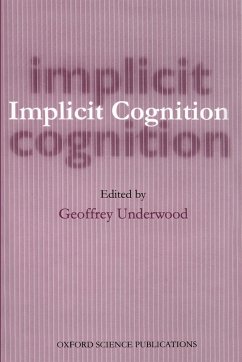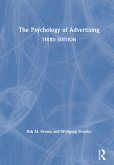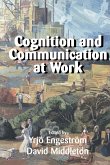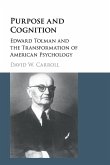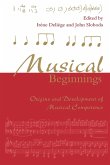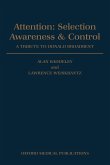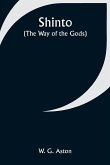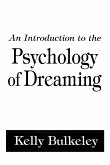This study describes the fascinating learning, memory and performance processes which take place without the subject's "explicit" awareness. A well-known example is patients under anaesthetic who, without being able to verbally recall the surgeons' conversation, do show some retention of the conversation. How much of what we "know" has been learned implicitly? How much of our problem-solving abilities are founded on unconscious processes? The contributors attempt to answer these and other questions, providing an informative overview of a controversial area.
This book explores and evaluates the validity of the implicit/explicit distinction, and the extent to which this distinction can be used to account for a range of unconscious processes in perception, memory, learning, and thinking. Also emphasized are the methodological difficulties that are encountered in attempting to demonstrate cognition without awareness.
Hinweis: Dieser Artikel kann nur an eine deutsche Lieferadresse ausgeliefert werden.
This book explores and evaluates the validity of the implicit/explicit distinction, and the extent to which this distinction can be used to account for a range of unconscious processes in perception, memory, learning, and thinking. Also emphasized are the methodological difficulties that are encountered in attempting to demonstrate cognition without awareness.
Hinweis: Dieser Artikel kann nur an eine deutsche Lieferadresse ausgeliefert werden.

